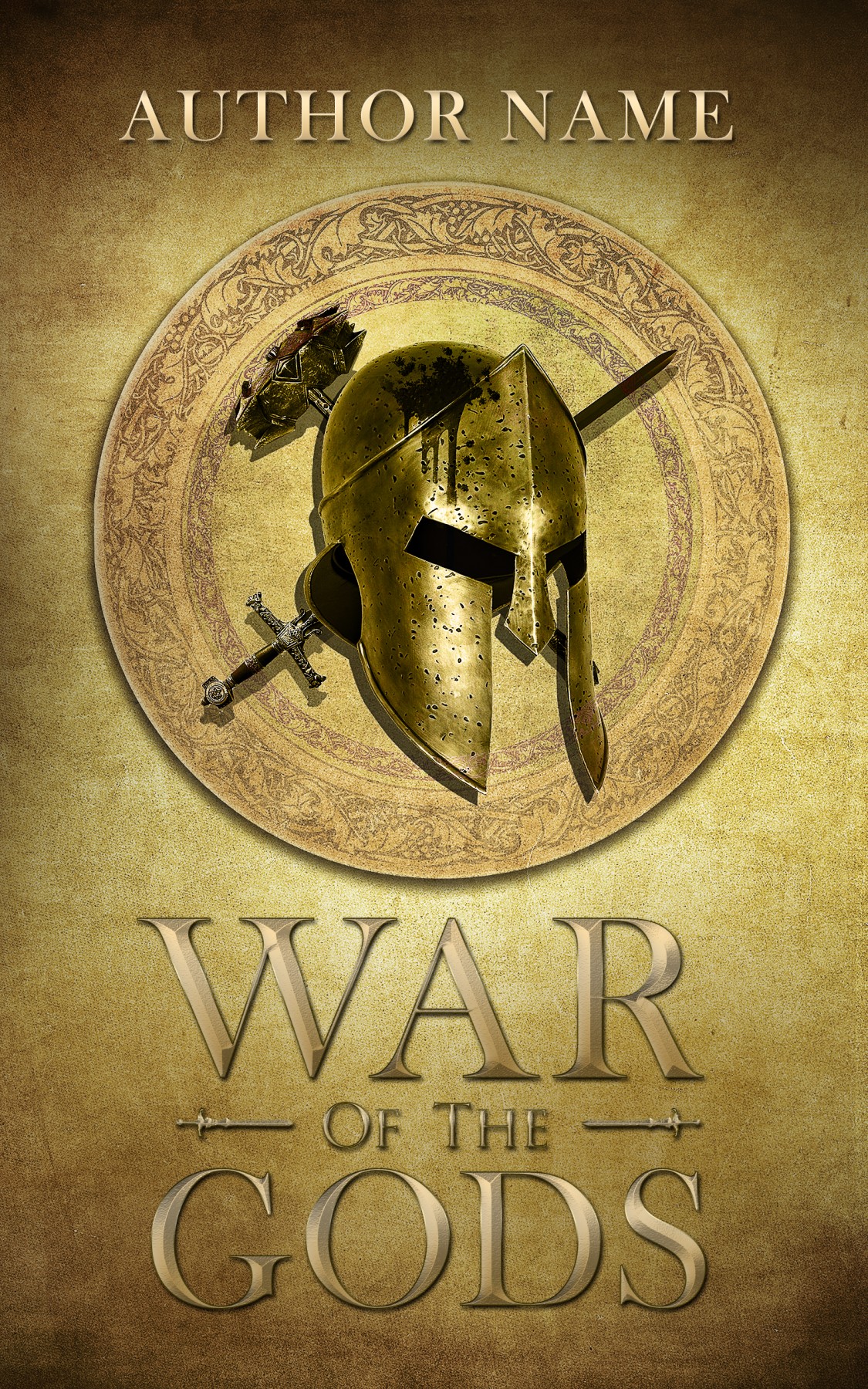
In regards to music, Roman Mythology includes similarities to Greek mythology. This is because the Romans also believed that everything needed to be perfect before it could be shared with others. The gods of Roman mythology have a similar role to the gods of Greek mythology when it comes to music. A famous example of this would be how they inspired Homer’s Iliad and Odyssey poems. They were said to inspire individuals with their talents, which included the inspiration of poets and musicians. In regards to music, they were credited with inventing the musical vibrations in Lyre and the seven chords of the Lyre. Their names are Clio, Erato, Euterpe, Melpomeni, Polymnia, Terpsichore, Thalia, Calliope (Muse of epic poetry), and Ourania (Muse of astronomy). The Muses were originally nymphs and gods of the wilderness, and it is said that their numbers grew to twelve when they attended Mount Olympus. The Muses – Nine Greek Goddesses Of Music, Song & Dance He is also said to have given musical instruction to Orpheus, his son, who was a legendary musician and poet.

In regards to music, Apollo is often associated with the lyre (a type of stringed instrument). He was also the god of prophecy and archery. He was often associated with the sun and was considered to be a god of healing, light, truth, poetry, and music. The Greek god Apollo, son of Zeus and Leto, is one of the most well-known gods of music. Apollo – The Greek And Roman God Of Music The Muses are often depicted as sitting next to Apollo on Olympus, and they would help him inspire individuals with their arts. In regards to music, Greek gods have been associated with Olympus – a mountain in Greece that is said to be the home of gods. In Greek mythology, it was Apollo that came up with the idea of creating the lyre as a way to help humans express themselves. This is because they were seen as being the ones who inspired artists and other individuals to become better at what they do. In general, the gods of music were considered to be benevolent and helpful in regards to the arts. This is because the music was seen as an important aspect of their culture – one that was to be refined before sharing with others. The gods of music have been a part of Greek mythology for centuries. Something more beautiful and perfect than the gods themselves could be created with the help of their talents. Why was this such an important thing to them? This is because they believed that everything had to be “perfect” before it could be shared with other people.

These gods have a major influence on music, along with art, dance, and writing. There are many gods of music throughout history and each culture has its own interpretation of who these gods are and what they represent.


 0 kommentar(er)
0 kommentar(er)
